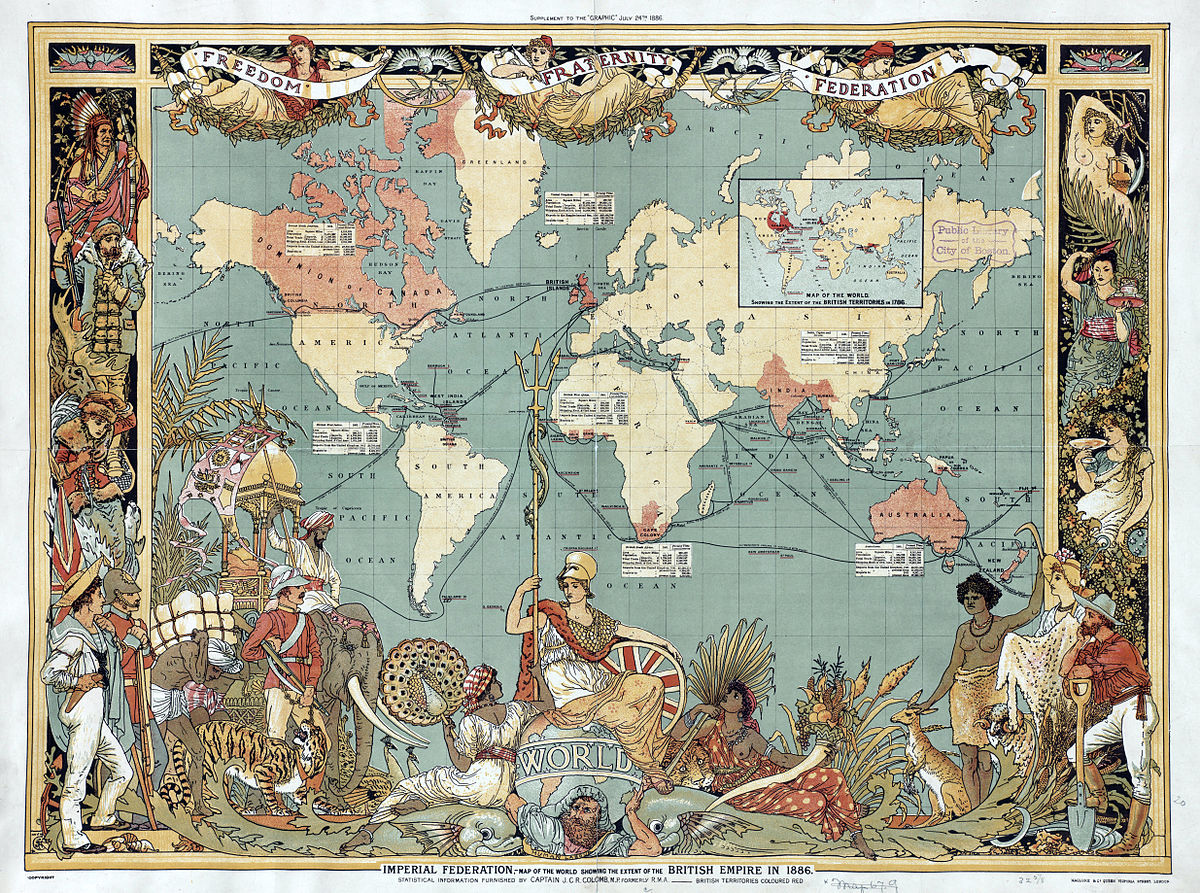In the years immediately after Waterloo, Britain went through an intense postwar economic crisis. Unsold goods accumulated, and the working classes experienced widespread unemployment and misery.
Popular suffering increased as a result of the Corn Law of 1815, which forbade the importation of cheap foreign grain until the price of the home-grown commodity rose to a specified level. This assured the profits of the English grain farmer and probably raised the cost of bread for the average English family.
Although trade unions were outlawed (see Chapter 20), workers nonetheless asserted themselves in strikes and in popular agitation that helped prepare for the parliamentary Reform Bill of 1832. By the 1820s economic conditions were improving, and Britain embarked on the process of reform that was to make it a modern democratic state.

